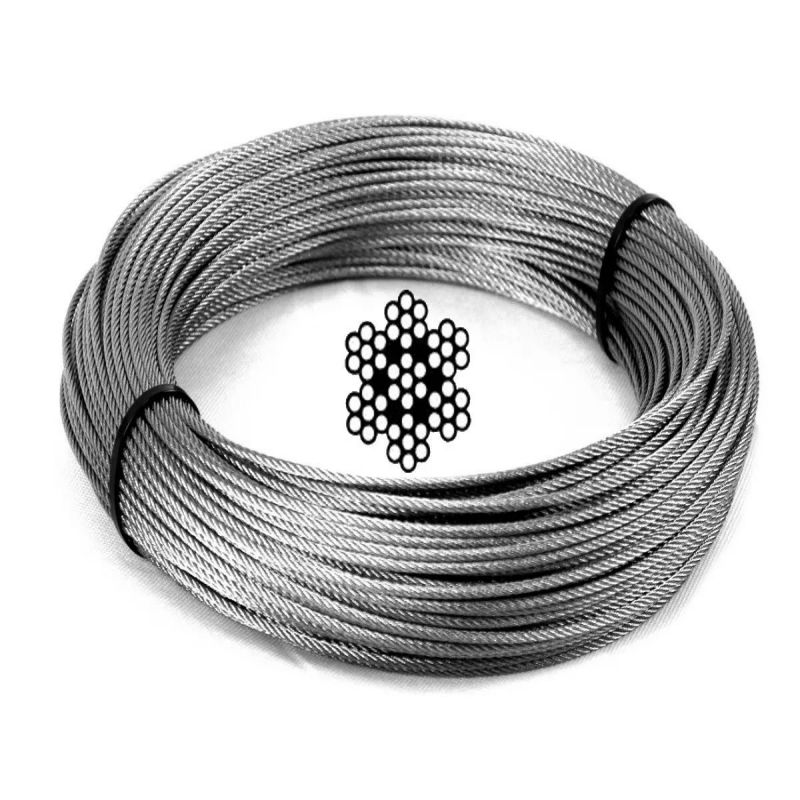
Stainless wire ropes are vital for their strength and corrosion resistance. Blogs offer insights for professionals and DIY enthusiasts on their uses and benefits. Here’s what you can typically expect to find in these blogs:
Cable crimp sleeves are typically made of metals such as aluminum, copper, or stainless steel. They are cylindrical in shape with a hole running through the center. The sleeve is designed to be crimped (compressed) onto the cable using a crimping tool to secure the connection.
Aluminum sleeves are lightweight and offer good corrosion resistance. They are commonly used in indoor applications where moderate strength and corrosion resistance are sufficient.
Copper sleeves are known for their excellent conductivity and corrosion resistance. They are often used in electrical applications where conductivity is important.
Stainless steel sleeves are highly durable and offer excellent corrosion resistance, making them suitable for outdoor and marine applications. They are available in different grades (e.g., 304, 316) depending on the level of corrosion resistance required.
Galvanized steel sleeves are steel sleeves that have been coated with zinc for improved corrosion resistance. They are commonly used in applications where strength and moderate corrosion resistance are needed.
Nylon sleeves are lightweight, flexible, and non-conductive. They are used in applications where electrical insulation and abrasion resistance are important, such as in automotive and industrial settings.
Consider the load-bearing requirements of your application and select a material that provides adequate strength.
For electrical applications, ensure the sleeve material does not interfere with electrical conductivity if conductivity is required.
Nylon and other synthetic materials offer flexibility, which can be beneficial in applications where the cable needs to bend or flex.

Stainless wire ropes are vital for their strength and corrosion resistance. Blogs offer insights for professionals and DIY enthusiasts on their uses and benefits. Here’s what you can typically expect to find in these blogs: